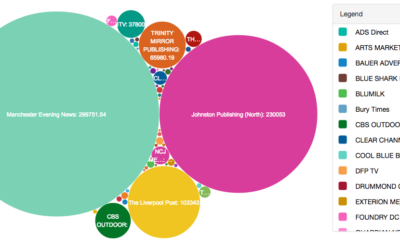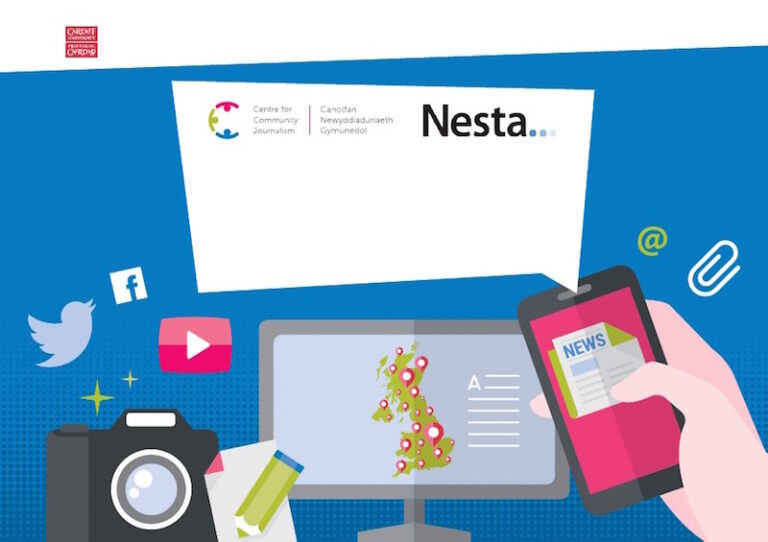The local news world is being thrust into the spotlight once again today with the release of a new report calling for a major shake up in the way the sector operates.
Coming just days after the BBC announced plans to get more deeply involved in producing local news in partnership with local newspapers, this latest call for intervention comes with the backing of the UK’s innovation charity Nesta.
Addressing an audience of academics and independent news publishers, including many from the North of England, leading digital analyst Damian Radcliffe calls for greater support and recognition for the UK’s hyperlocal media sector.
If implemented, the changes would potentially impact on publications like The Salford Star, The Leeds Citizen and The Northern Correspondent as well as hundreds of smaller news organisations covering cities, towns, villages and even down to street level.
Radcliffe said: “Since 2012, we have seen a step-change in the empirical evidence base for UK hyperlocal media. Research by academic institutions, NGOs and regulators has deepened our understanding about the audiences, content and business models found across this sector.
“As a result, we have the strongest indication yet of the civic and public value hyperlocal media creates in undertaking a range of journalistic and community outputs, from holding authority to account through to running campaigns and reporting on local events.
“Yet, despite this increased recognition and understanding, the core issues that challenge the prosperity of UK hyperlocal media remain unchanged, meaning the sector has no degree of long-term certainty. For too many community publishers, their existence remains hand-to-mouth, which has an inevitable impact on both the sustainability and the appeal of the sector to new entrants.”
Among the report’s key recommendations are:
· Offering hyperlocal publishers the opportunity to sell credited content to the BBC;
· Encouraging large technology companies such as Google to support community news providers by making their content more discoverable;
· Providing accreditation and recognition from the NUJ;
· Securing clarity from politicians and regulators on the new press regulation regime and how this may impact on community news providers;
· Ensuring hyperlocal publishers are considered as suppliers for statutory notices (which amount to £45 – £50 million advertising spend a year) and local health campaigns;
· Carrying out ongoing research into the total size of the UK hyperlocal market, its financial value, and variety of successful business models;
· Exploring new funding models, including potential interventions to provide continued financial support for the sector.
Today’s report is said to evidence the “contribution of hyperlocal platforms to civic life and media plurality against a backdrop of closures, mergers, cutbacks and declining regional newspaper sales”.
It also showcases innovative business models and examples of community journalism influencing and informing grassroots decision-making. Today’s event is facilitated by Cardiff’s Centre for Community Journalism and will showcase innovative examples of practice from hyperlocal journalists across the UK.
More than 150 delegates are expected to attend, from organisations including the BBC, Ofcom and the Home Office.










